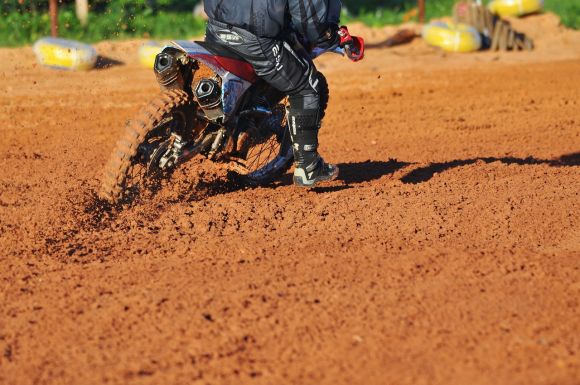Motorcycle enthusiasts love the thrill of off-road riding. The challenging terrain, the adrenaline rush, and the feeling of freedom make it an exhilarating experience. However, off-road riding can also be physically demanding, leading to fatigue and reduced performance. To ensure a safe and enjoyable ride, it is essential to understand the causes of fatigue and implement strategies to avoid it. In this article, we will explore some valuable tips for off-road riders to prevent fatigue and stay energized on the trails.
1. Maintain Proper Body Position
One of the key factors in avoiding fatigue while off-road riding is maintaining the correct body position. By standing up on the footpegs, gripping the tank with your knees, and keeping your elbows up, you distribute your body weight more evenly, reducing strain on your muscles. This stance allows for better control and balance, minimizing the effort required to maneuver the bike. Remember to relax your grip on the handlebars to reduce arm fatigue.
2. Use the Right Gear
Wearing the appropriate gear is crucial for preventing fatigue during off-road riding. Invest in a good-quality helmet, gloves, goggles, and boots that provide adequate protection and comfort. Ill-fitting or uncomfortable gear can cause discomfort and distraction, leading to increased fatigue. Additionally, consider using knee braces or guards to minimize the risk of knee injuries and provide extra support.
3. Pace Yourself
Off-road riding is physically demanding, and pushing yourself too hard can quickly lead to fatigue. Pace yourself and gradually increase the difficulty level as your skills and stamina improve. Take breaks at regular intervals to rest and hydrate, allowing your body to recover. Riding within your limits not only reduces fatigue but also enhances safety.
4. Stay Hydrated
Dehydration can significantly contribute to fatigue. It is crucial to stay hydrated before, during, and after off-road rides. Carry a hydration pack or water bottle with you and take small sips frequently. Avoid consuming excessive amounts of caffeine or energy drinks, as they can dehydrate you further. Proper hydration will help maintain your energy levels and improve your overall performance.
5. Strengthen Your Core
Building core strength is essential for off-road riding, as it helps stabilize your body and reduces strain on your muscles. Incorporate exercises such as planks, squats, and lunges into your workout routine to strengthen your abdominal and back muscles. A strong core will enhance your balance and endurance, preventing fatigue during long off-road rides.
6. Relax and Breathe
Tension in your body can quickly lead to fatigue. While riding off-road, consciously relax your muscles, especially your arms and shoulders. Take deep breaths and focus on your breathing to stay calm and composed. Relaxation techniques not only reduce fatigue but also improve your concentration and decision-making abilities on the trails.
7. Optimize Bike Setup
Ensuring that your bike is properly set up can significantly reduce fatigue while off-road riding. Adjust the suspension to match your weight and riding style, as a poorly set up suspension system can result in excessive bouncing and vibrations, leading to muscle fatigue. Additionally, check that your handlebars, levers, and footpegs are positioned ergonomically to minimize strain on your body.
By implementing these tips, off-road riders can prevent fatigue and enjoy their adventures to the fullest. Remember to prioritize safety, listen to your body, and continually improve your riding skills. With proper preparation and a mindful approach, off-road riding can be an exciting and energizing experience for all enthusiasts. So gear up, get on your bike, and embrace the thrill of the off-road trails!
